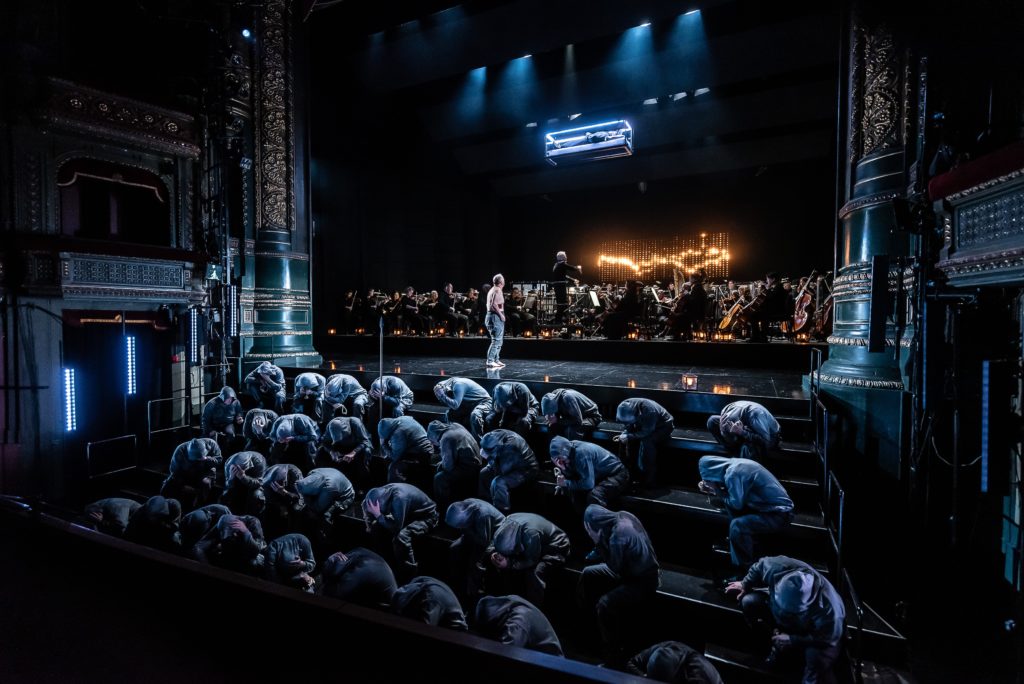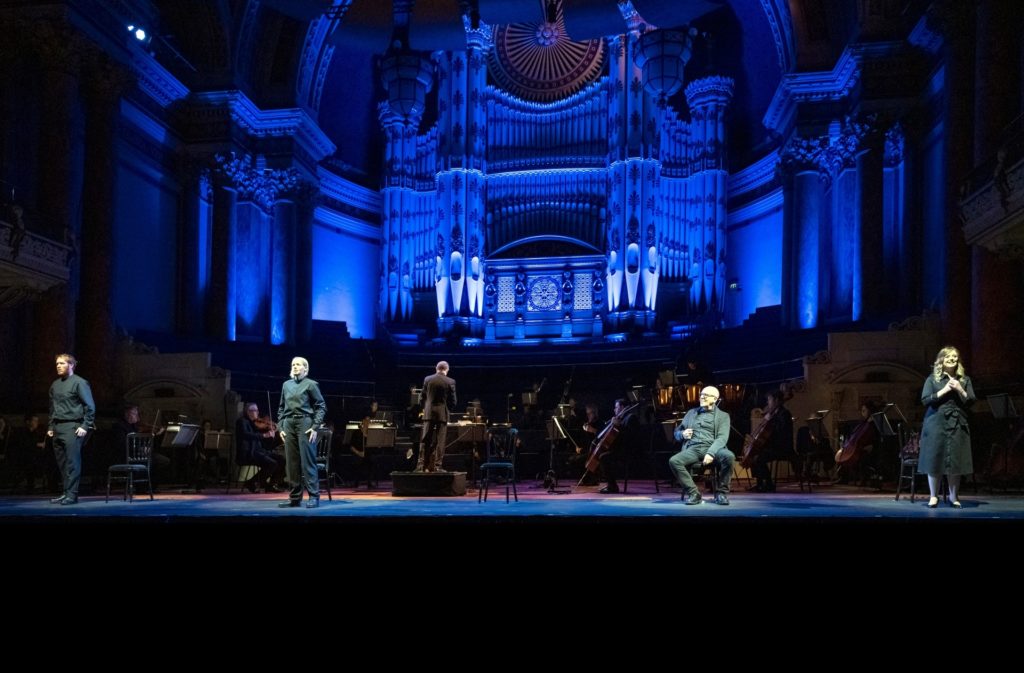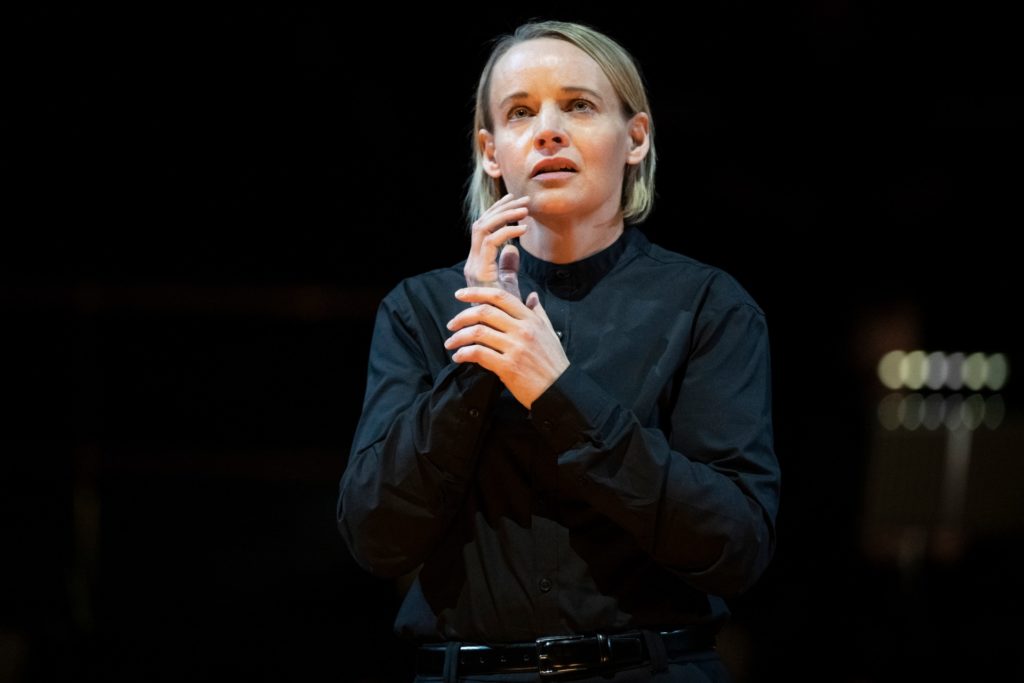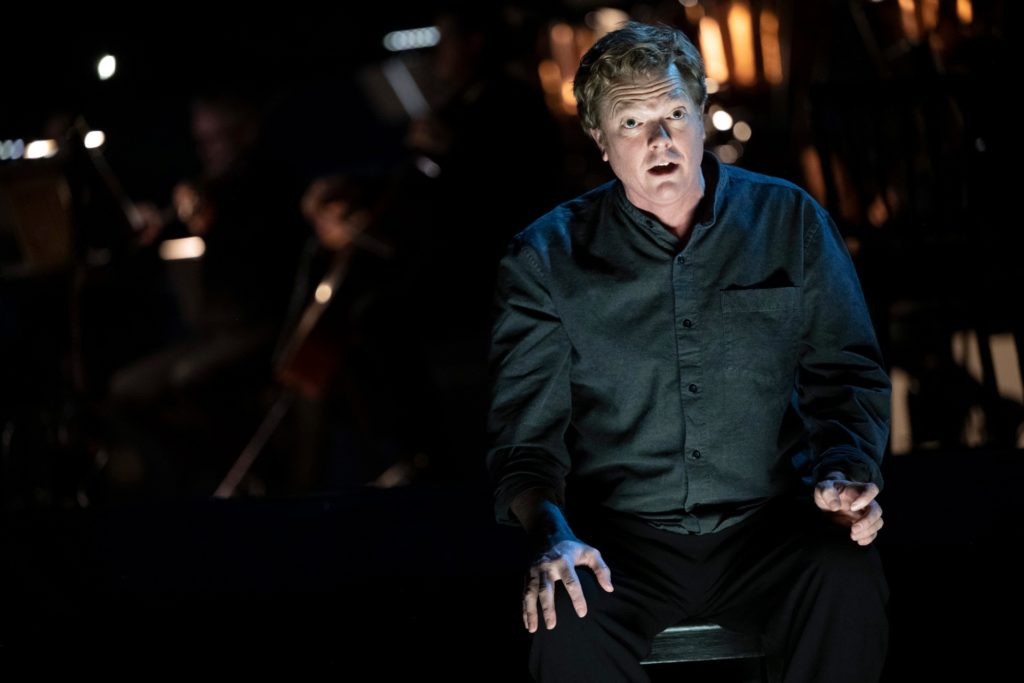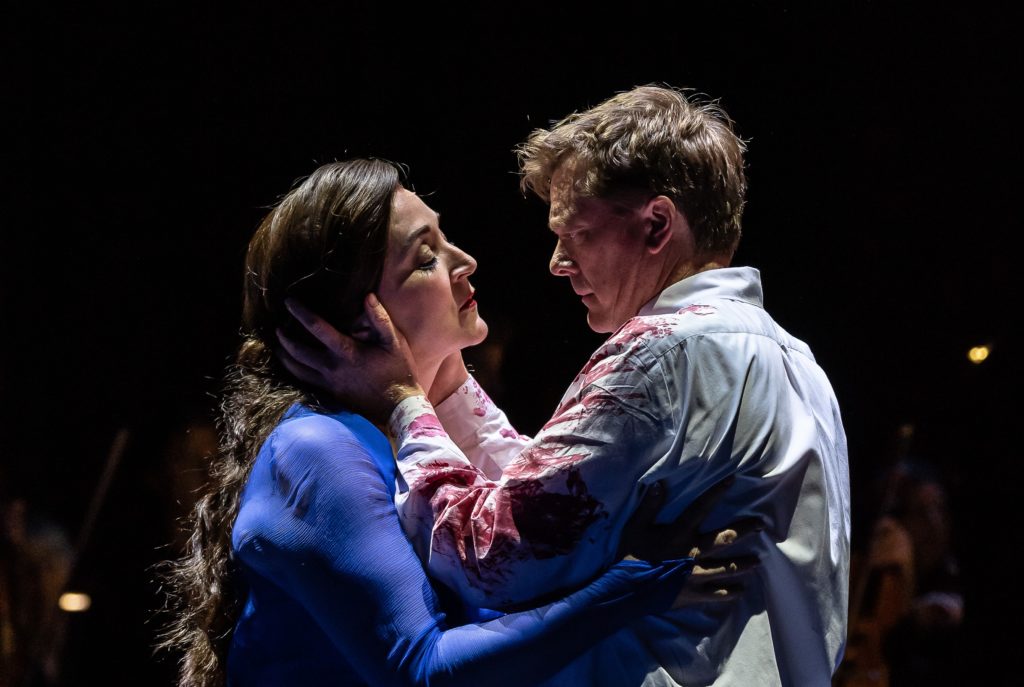
THERE is a point in Act 2 of Parsifal where Kundry, having failed to seduce Parsifal with her kiss and describing her reaction to witnessing the Crucifixion, lets out a blood-curdling ‘lachte’, attacking a high B natural and descending nearly two octaves to a low C sharp: she laughed.
Anyone not expecting it must have jumped out of their skin when Katarina Karnéus delivered it here. This spine-chilling moment, mentioned in his Parsifalkreuz by Wieland Wagner and helpfully recalled in a programme note by Neil Sorrell, is pivotal to understanding Kundry and thus to the success of the whole opera.
The scream revealed the anger, the anguish, the remorse, the manic personality of one who is not easy to read. But for all her faults, she has set Parsifal on the path to enlightenment: he is forced to shed his innocence, like Adam in the Garden of Eden. He begins to suffer – like Christ – and views the world differently, as does Kundry when baptised by him in Act 3.
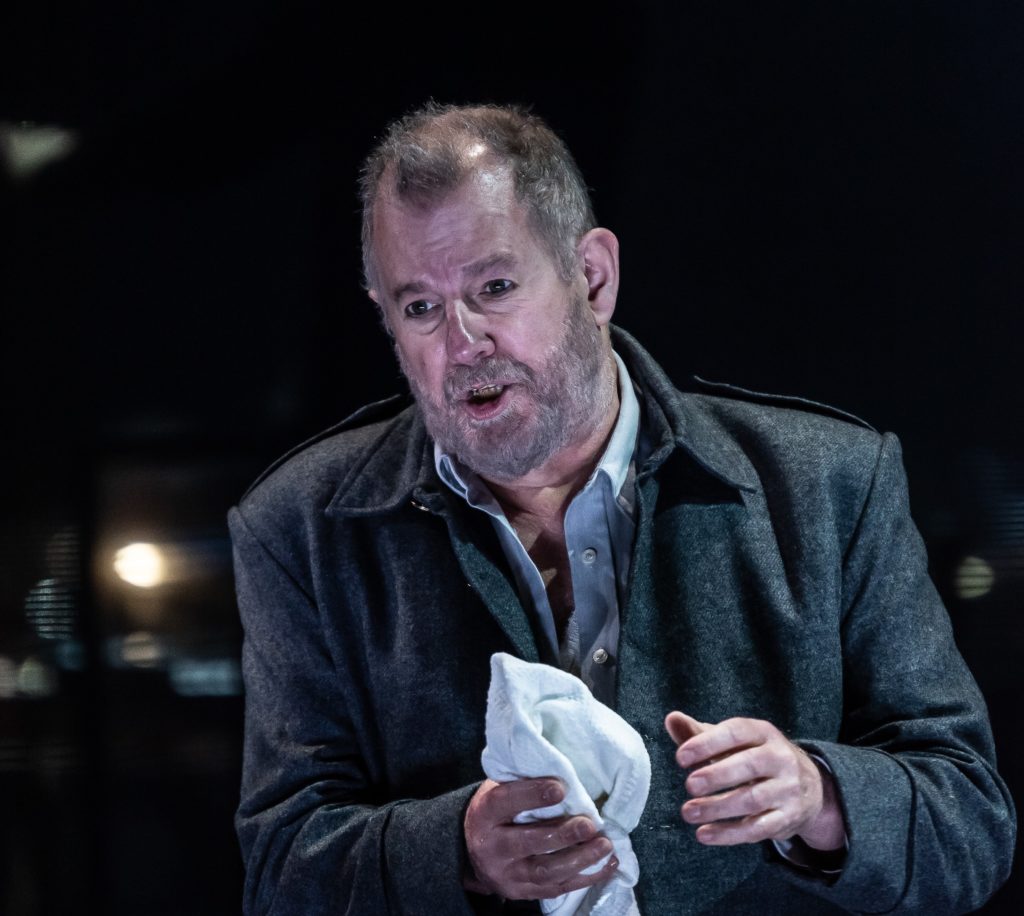
Since the whole work is a Bühnenweihfestspiel (stage festival consecration play), we are forced to take on board its religious significance: the very act of consecration implies holiness. It spoke well for Sam Brown’s production that these ideas came through so clearly.
Brown was working with a number of constraints, not least that the augmented orchestra was taking up most of the stage. This was partly overcome through a lower extension of the stage over part of the orchestra pit. But it still left precious little space for the principals.
The chorus appeared either ranged around the back of the stalls, as in Act 1, or on the extension, which allowed the knights to line up three-deep but forced the ladies into the upper stage boxes.
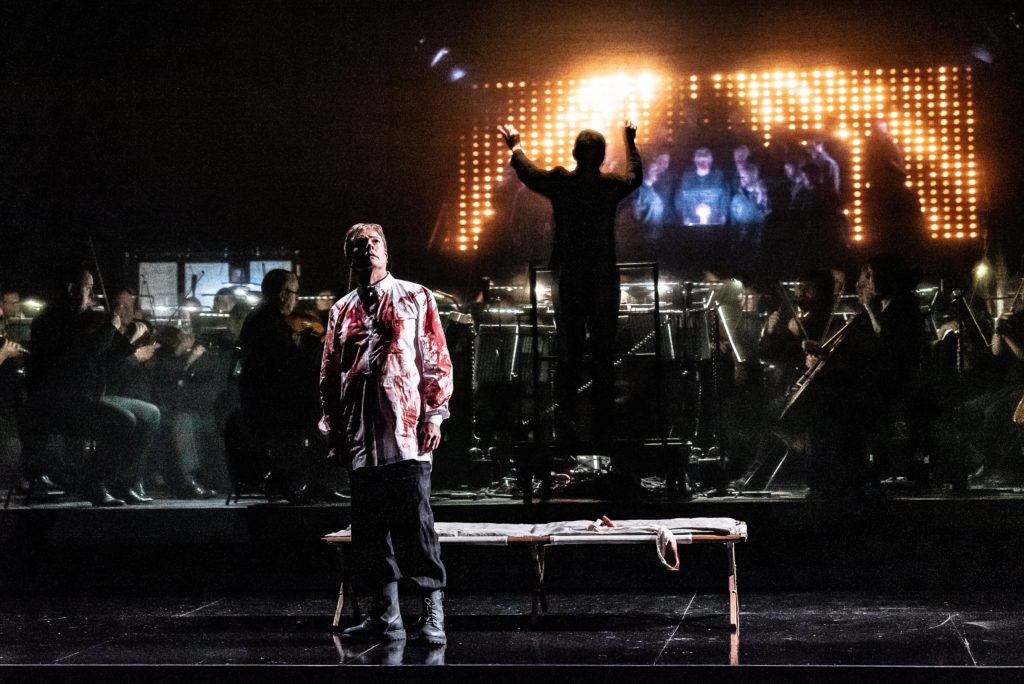
Less easy to accommodate from an audience perspective was Bengt Gomér’s dark lighting, particularly the multiple small spots twinkling almost incessantly behind the orchestra. They cast the conductor into silhouette and when fully lit, as at the uncovering of the Grail on a rostrum downstage, shone straight into our eyes. They were a distraction, not to say a discomfort, whether deliberate or no.
There was no set to speak of, but Klingsor’s spear was lowered on a suspended platform, which reappeared later as Titurel’s bier, a good space-saving device.
Nevertheless, having Richard Farnes’s orchestra in full view was an inestimable benefit. His dozen years as music director here, which culminated in a full Ring cycle in 2016, meant he had no need to cajole his players; they followed him with near-religious devotion.
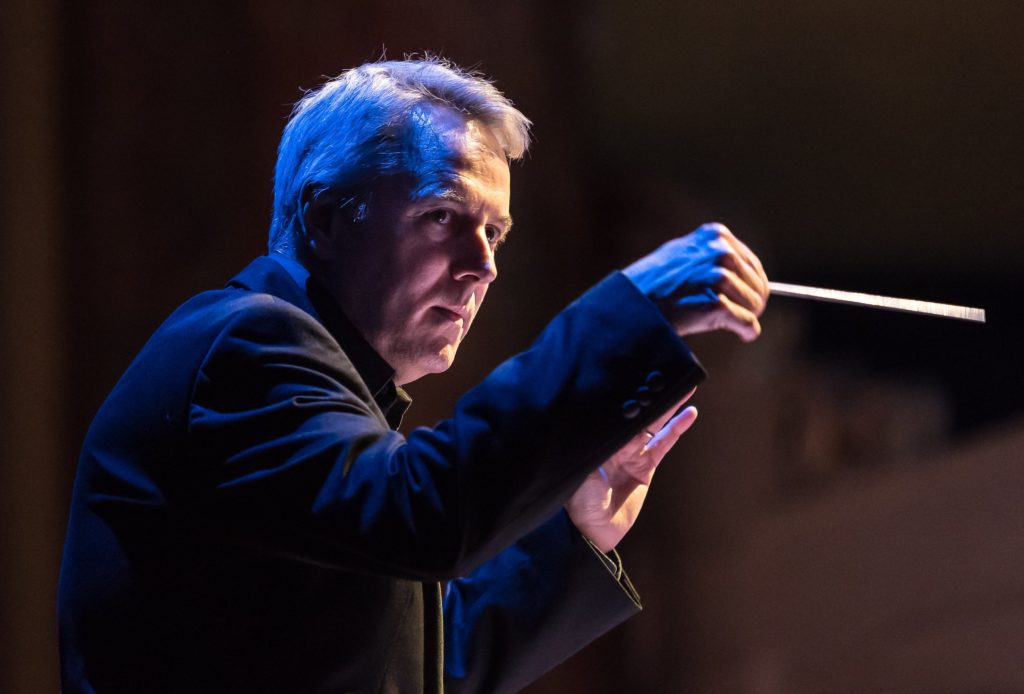
Textures were everywhere transparent, none more so than in the Good Friday music. There was a masterly crescendo at the healing of Amfortas’s wound, but it was the moments of calm, with magical swells and diminuendos, that really hit home. Farnes’s attention to detail was immaculate, each occurrence of the ‘Dresden Amen’, for example, seeming to carry slightly different significance.
Toby Spence made a powerful debut in the title role. His youthful features made his journey from innocence through trial to enlightenment all the more credible. He was a naïve, headstrong youth at the start, moving jerkily, but assumed a more adult poise after learning of his mother’s death when “confession turns guilt to remorse”.
Having sought solace with his head in Kundry’s lap, his now-pungent tone took on greater resonance. As he relaxes into the role, he may have yet more to give, but needed no more in this arena.
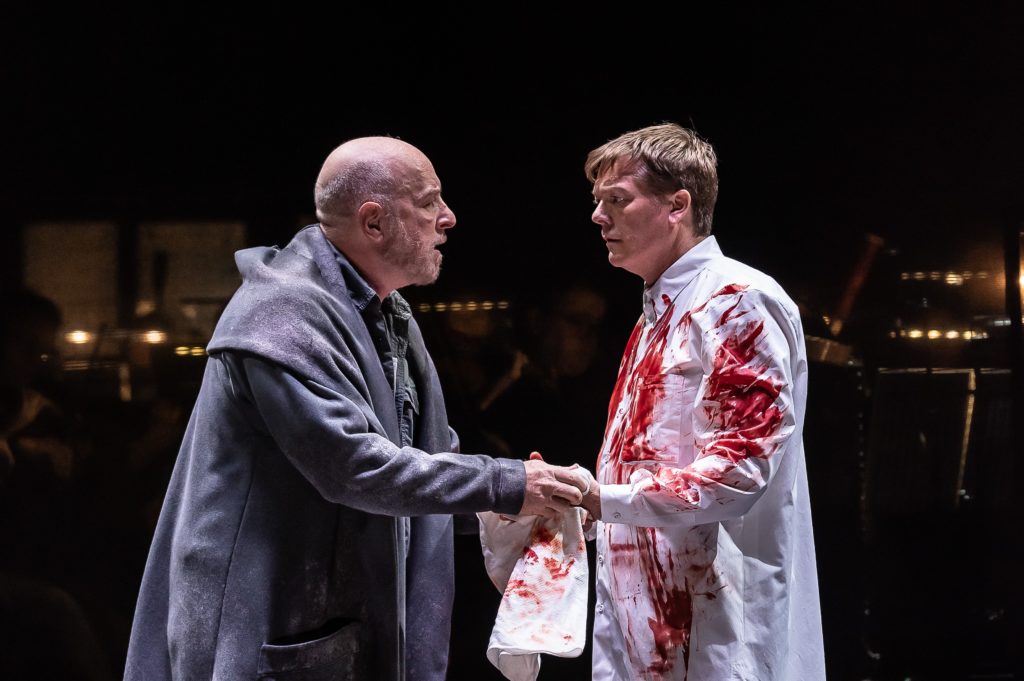
He had been set a frankly superb example by Brindley Sherratt’s Gurnemanz, whose German diction was faultless, matched by musicality that kept his narrative absorbing. Returning much aged in Act 3, his avuncular tone inspired renewed confidence.
Karnéus adapted fluently to the many facets of Kundry’s mysterious character, making her something close to sympathetic, even seeming relevant when having little to do in Act 3.
Derek Welton’s incisive baritone spat menace as Klingsor, looking devilish in wide slashes of red and grey, courtesy of Stephen Rodwell’s costuming. Robert Hayward’s wounded Amfortas sustained an admirably full-blooded howl but could have afforded to tone down the self-pity; Stephen Richardson fashioned a suitably hoary Titurel.
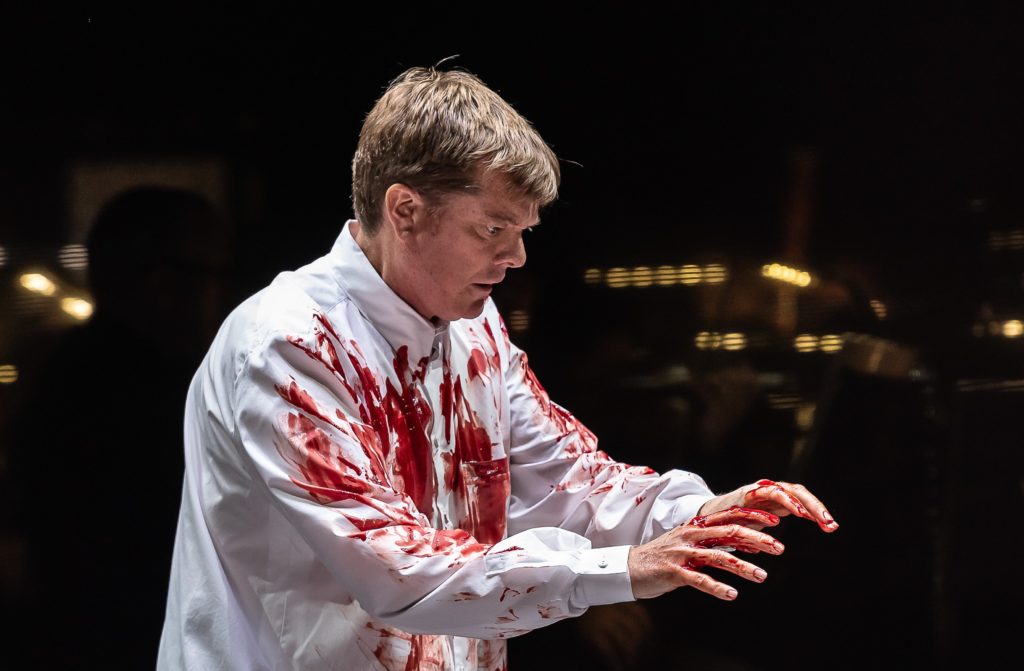
The six Flowermaidens were an oasis of pure delight, as if parachuted in from Gilbert & Sullivan. The chorus was typically forthright, taking every opportunity on offer and sustaining a keen blend.
The touring dates were due to be concert stagings. It was hard to imagine that this marginally reduced format, so successful in the company’s previous Wagner outings, would be any less gripping.
Review by Martin Dreyer
Further performance at Leeds Grand Theatre on June 10, 4pm, then on tour from June 12 to 26. Running time: Five hours 30 minutes, including two intervals. Full details at: operanorth.co.uk.
